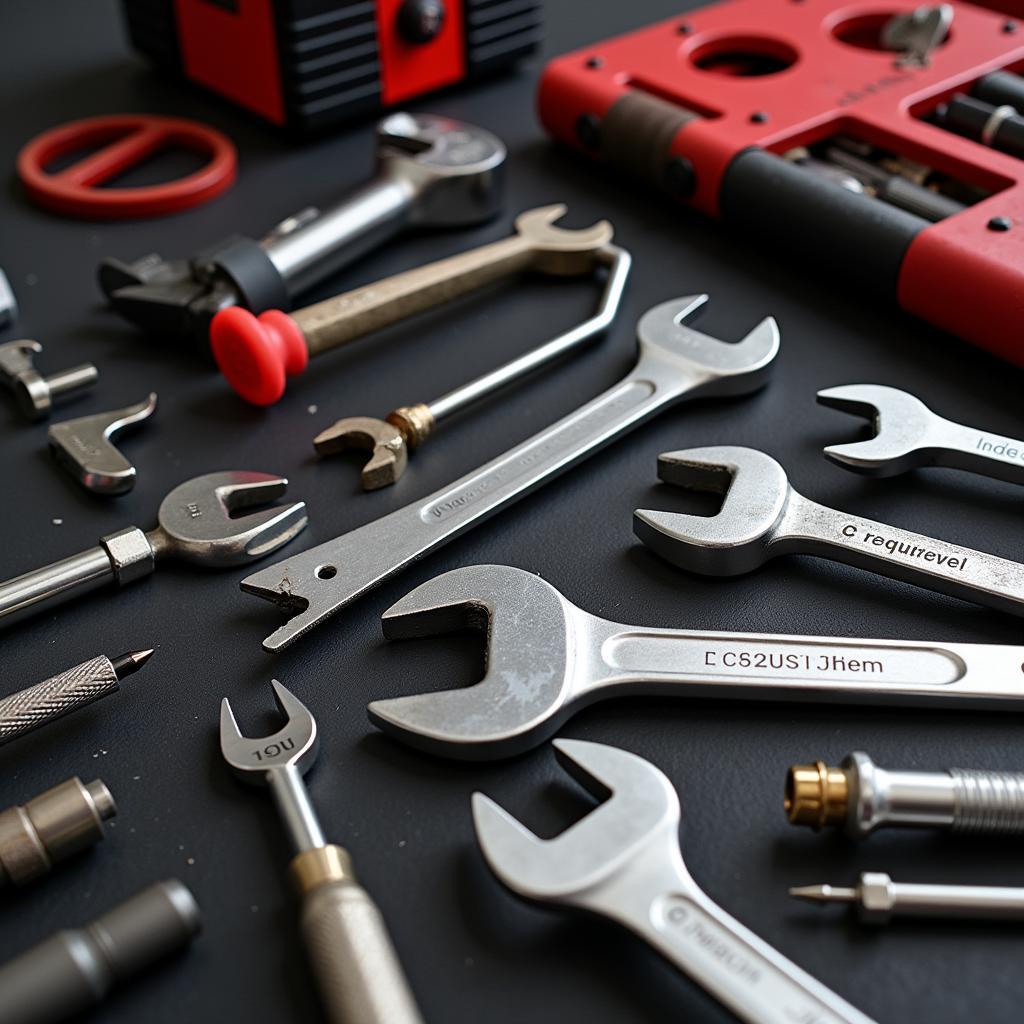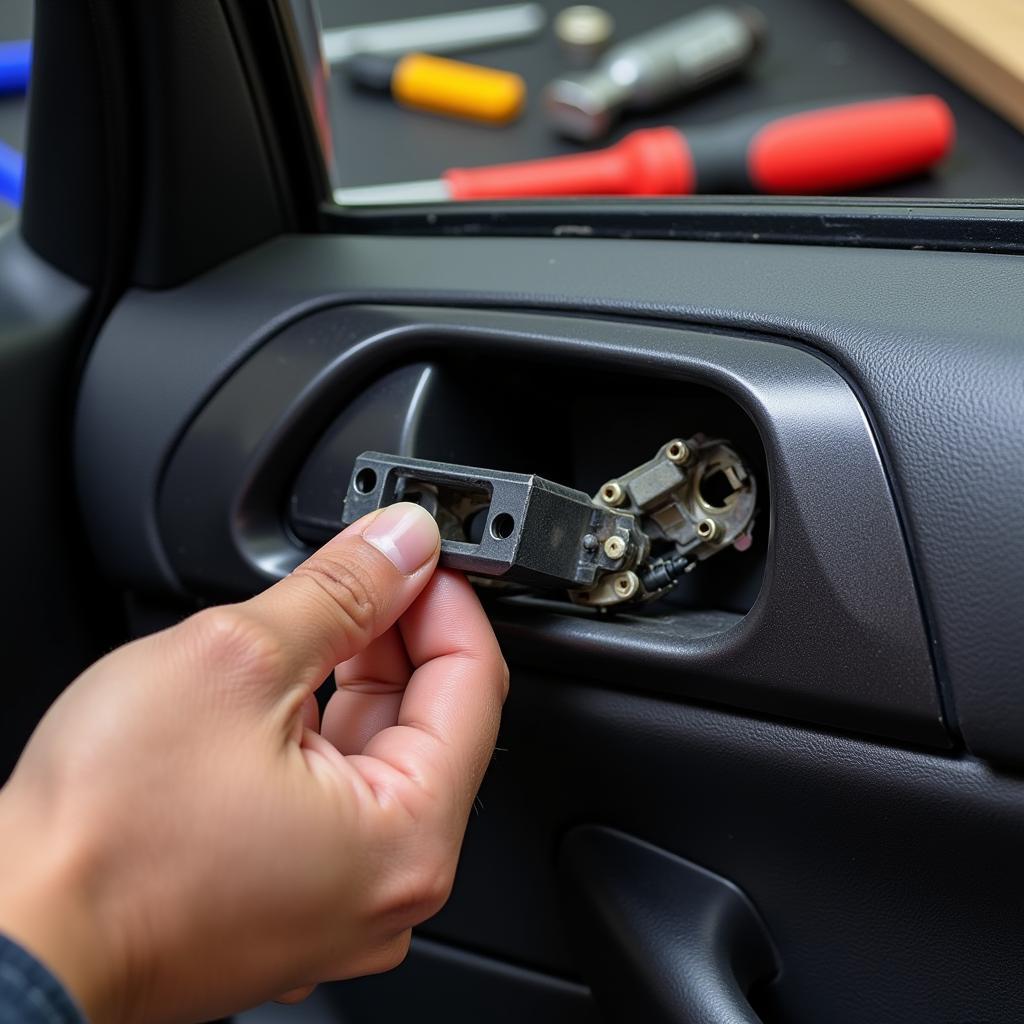Owning a car comes with a lot of responsibilities, and regular maintenance is crucial for keeping your vehicle running smoothly and safely. A comprehensive maintenance checklist can help you stay on top of necessary repairs and prevent unexpected breakdowns. This guide will walk you through the essential car maintenance tasks that you should prioritize, whether you are a car owner or a mechanic.
Why is Car Maintenance Important?
Regular maintenance is the key to keeping your car in good shape. Neglecting routine checks can lead to costly repairs down the road. Additionally, a well-maintained car is safer to drive, and it performs better, leading to a more enjoyable driving experience.
Essential Car Maintenance Checklist
Here is a comprehensive checklist of routine car maintenance tasks that you should perform regularly.
Engine and Fluids
- Engine Oil Change: This is the most important maintenance task and should be performed every 3,000 to 5,000 miles. You can check your owner’s manual for the recommended interval for your specific vehicle.
- Coolant Check: Ensure that your coolant level is sufficient and the coolant is in good condition. Low coolant can cause overheating and damage your engine. Check your coolant every 3 months or 3,000 miles.
- Transmission Fluid Check: Check the transmission fluid level and condition. Dirty or low transmission fluid can cause shifting problems.
- Power Steering Fluid Check: Keep the power steering fluid topped off.
- Brake Fluid Check: Low brake fluid can reduce braking effectiveness.
- Windshield Washer Fluid: Ensure that you have enough windshield washer fluid, especially during the winter months.
Tires
- Tire Pressure: Check tire pressure at least once a month, and always before a long trip. Maintain tire pressure at the recommended level listed in your owner’s manual.
- Tire Tread: Check for tire tread depth and wear. Worn-out tires can lead to accidents, so it’s important to replace them promptly.
- Wheel Alignment: Ensure your wheels are properly aligned to prevent uneven tire wear and handling issues.
Brakes
- Brake Pads and Rotors: Check the brake pads and rotors for wear and tear. Replace them as needed.
- Brake Fluid: Inspect the brake fluid level and condition. If the fluid is dark or low, you may need to have it flushed and replaced.
Electrical System
- Battery Check: Ensure your battery is clean, properly connected, and has enough charge. Check for any signs of corrosion or damage.
- Lights: Check all exterior lights, including headlights, brake lights, turn signals, and taillights, to ensure they are functioning correctly.
- Alternator Check: Make sure the alternator is working properly to charge your battery.
Other Important Tasks
- Air Filter Replacement: Replace the air filter every 12,000 to 15,000 miles to improve air flow to the engine.
- Spark Plug Replacement: Spark plugs should be replaced every 30,000 to 100,000 miles, depending on the type of plug and your vehicle’s make and model.
- Fuel Filter Replacement: Replace the fuel filter every 30,000 miles to ensure proper fuel flow to the engine.
- Inspection of Belts and Hoses: Regularly check for any signs of wear, cracking, or leaks in your belts and hoses.
Tips for Effective Car Maintenance
- Keep a Maintenance Log: Keep a log of all your car maintenance tasks, including dates, mileage, and parts replaced.
- Read Your Owner’s Manual: Your owner’s manual contains valuable information about your car’s maintenance schedule and specific requirements.
- Consult a Professional: If you’re unsure about a particular maintenance task, it’s always best to consult a qualified mechanic.
- Don’t Ignore Warning Lights: If any warning lights come on in your car, don’t ignore them. Get the issue checked by a mechanic immediately.
- Regular Inspections: It’s a good idea to get your car inspected by a professional at least once a year, even if you’re keeping up with regular maintenance.
Expert Insights:
“Regular maintenance is the most important thing you can do to keep your car in good condition and prevent costly repairs. It’s also a smart investment for your safety and peace of mind. ” – John Smith, Certified Automotive Technician
“Don’t wait until a problem arises to get your car checked. Regular maintenance can help prevent potential issues before they become major problems.” – Jane Doe, Master Mechanic
Conclusion
Following a regular car maintenance checklist can help you extend your vehicle’s lifespan, avoid costly repairs, and ensure your safety on the road. By prioritizing these essential tasks, you can keep your car running smoothly and reliably for years to come.
Remember, your car is a major investment, and taking care of it properly is crucial. If you need help with any maintenance tasks or have any questions, don’t hesitate to contact us at AutoTipPro. We’re here to help you keep your car in tip-top shape.
Contact us at:
+1 (641) 206-8880
500 N St Mary’s St, San Antonio, TX 78205, United States
FAQ
Q: How often should I change my engine oil?
A: You should generally change your engine oil every 3,000 to 5,000 miles, but it’s always best to consult your owner’s manual for specific recommendations.
Q: How often should I check my tire pressure?
A: You should check your tire pressure at least once a month, and always before a long trip.
Q: What are some warning signs that my car needs maintenance?
A: Some warning signs include: a check engine light, strange noises, leaks, reduced performance, and unusual smells.
Q: Can I perform car maintenance myself?
A: Some simple maintenance tasks can be performed by yourself, but it’s always best to consult with a qualified mechanic for more complex tasks.
Q: What are the benefits of regular car maintenance?
A: Regular car maintenance can help you avoid costly repairs, improve your car’s performance, increase fuel efficiency, and ensure your safety on the road.






Leave a Reply